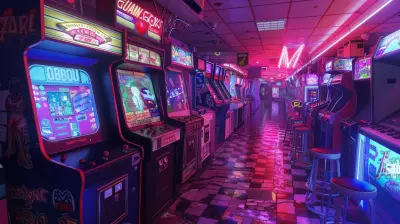The Fan Communities That Are Redefining Game Development
27 October 2025
Game development has always been a high-stakes, creatively intense process, with studios pouring years of effort and millions of dollars into crafting immersive worlds, compelling characters, and engaging mechanics. But here’s the twist: in recent years, fan communities have taken a front-row seat—and sometimes even the driver’s seat—in shaping how games are developed. Yes, fans aren’t just passive players anymore; they’re hands-on participants, turning their shared love for gaming into a powerful force that reshapes the industry.
Let’s dive into how these passionate communities are redefining game development, one Reddit thread and Discord server at a time.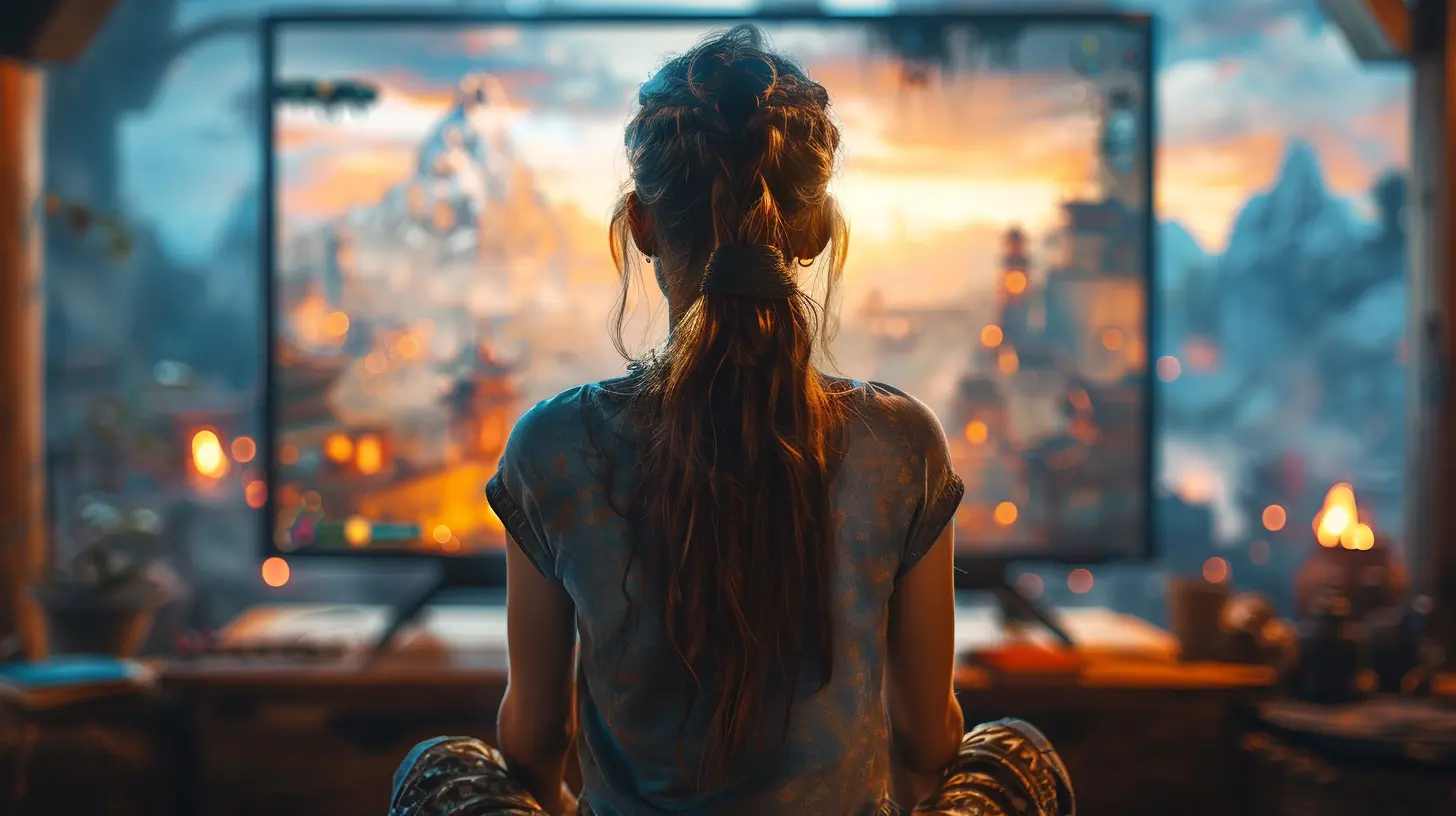
Fan Communities: The Heartbeat of Gaming
If you’ve ever hopped into a late-night gaming session or scrolled through a subreddit dedicated to your favorite game, you already know fan communities are special. They’re not just groups of people who play games; they’re hubs of creativity, problem-solving, and frankly, an insane amount of dedication. From creating mods to influencing major updates, fans have become an integral part of a game’s lifecycle.Why does this matter? Because the relationship between players and developers is no longer one-sided. It’s a conversation. Developers create, fans critique and add their own spin, and then the cycle repeats. This collaboration is paving the way for a more interactive and inclusive era of game development.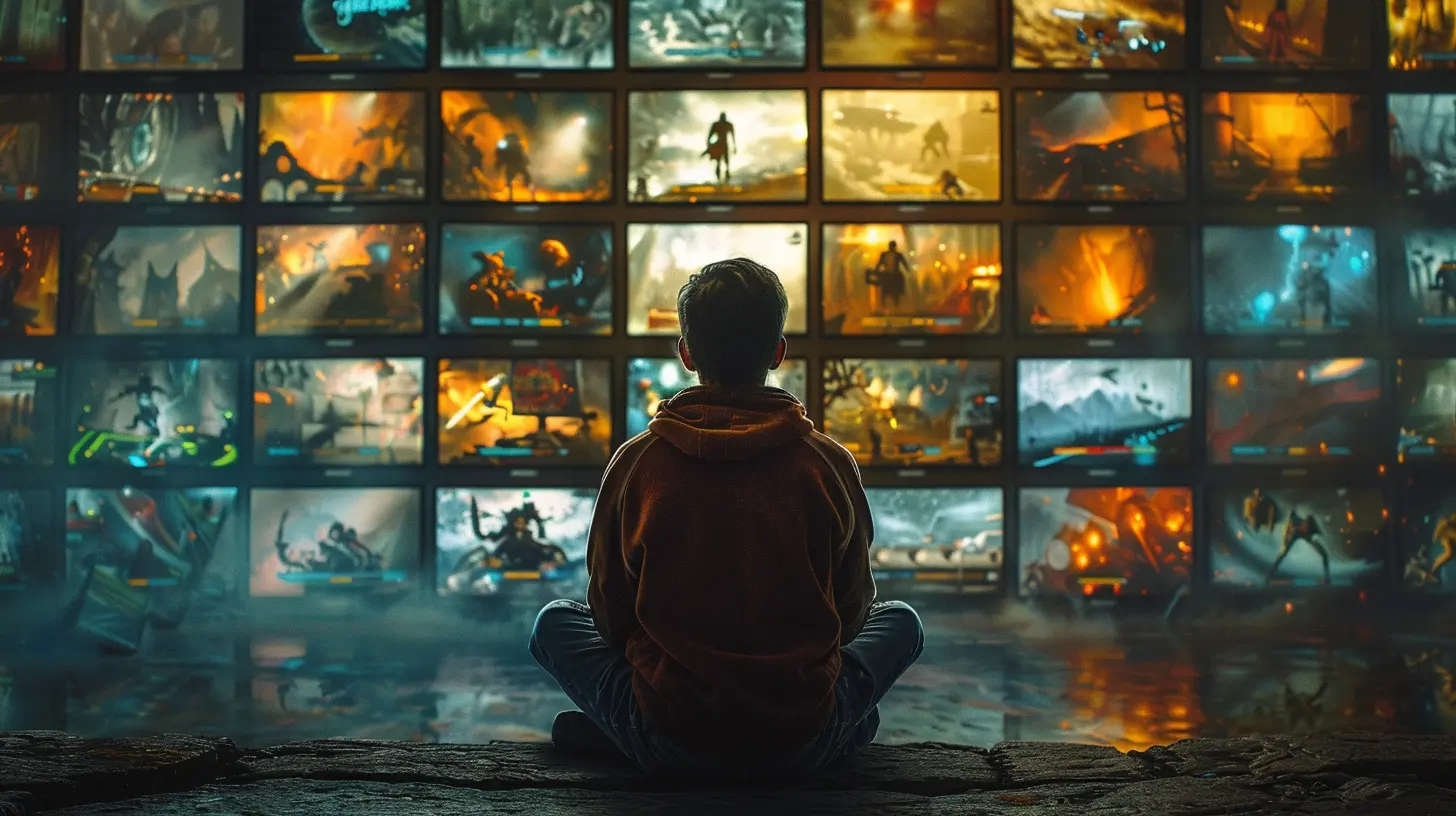
Mods: More Than Just Cool Extras
Let’s talk about mods. You’ve probably seen incredible mods for games like Skyrim, The Witcher 3, or Minecraft. But they’re not just “cool extras” that add a wizard hat or a lightsaber to your game. Mods can completely overhaul a game, transforming its mechanics, graphics, and even its entire genre. And here’s the kicker—modding communities often build things so innovative that game developers sit up and take notice.Take Skyrim, for example (seriously, can anyone even play vanilla Skyrim anymore?). The modding community turned Bethesda’s open-world RPG into something legendary, with additions like entire new questlines, visual overhauls, and even complete remakes. Bethesda leaned into this, releasing tools that made it easier for modders to let their creativity run wild.
And it’s not just Bethesda—Valve’s Counter-Strike was originally a mod for Half-Life. Dota 2? That started as a Warcraft III mod. Fan-created content has a way of identifying what players want before the developers even realize it themselves. In a way, mods are like a glimpse into gaming’s alternate realities—worlds driven directly by player imagination.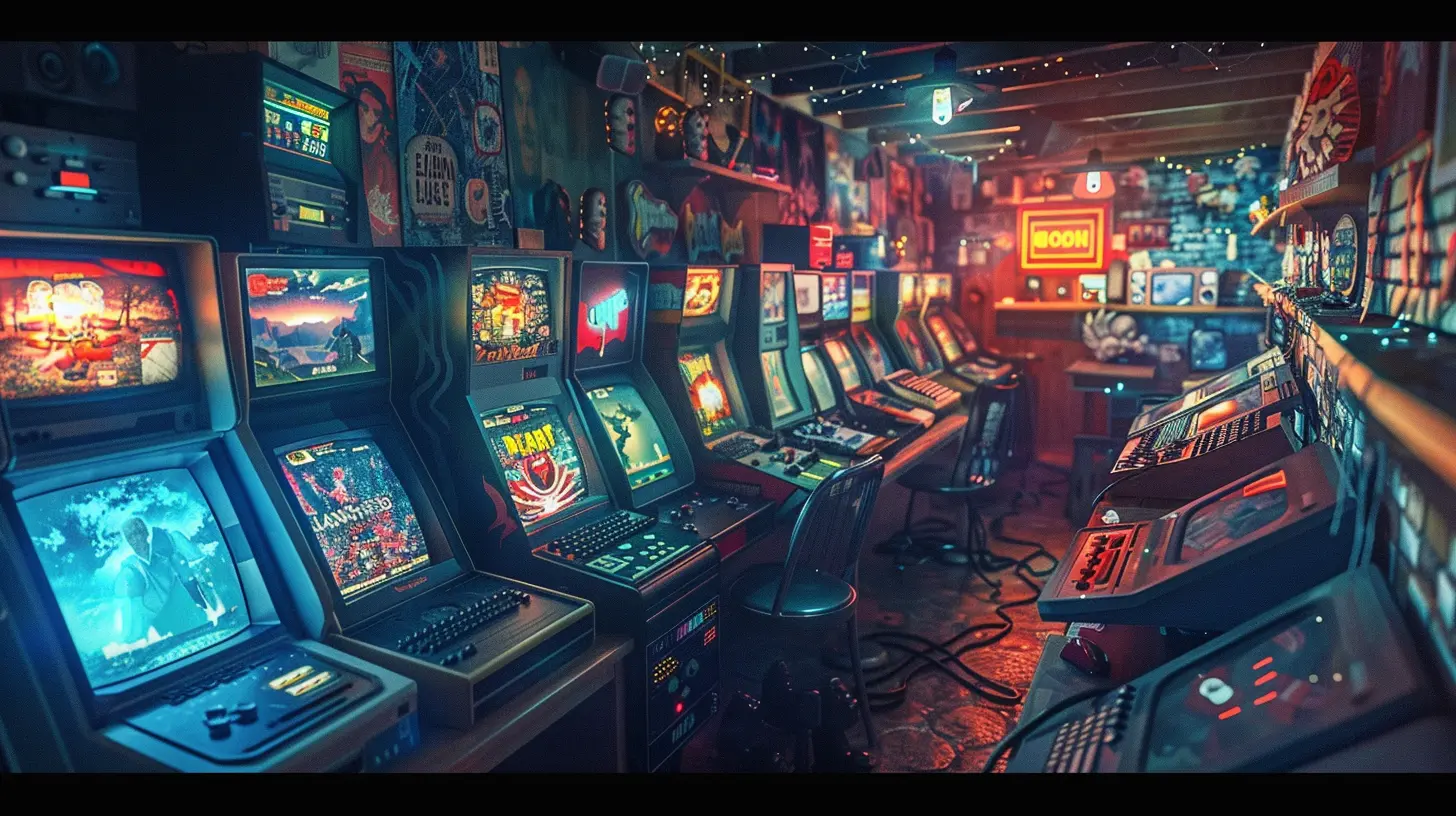
Feedback That Shapes the Future
Fan feedback is nothing new, but the way developers are treating it has evolved. Thanks to platforms like Discord, social media, and forums, players now have direct channels for their voices to be heard. And developers? They’re listening.Take No Man’s Sky, for instance. When the game launched, it was a PR disaster—the hype promised the stars, but the delivered product felt like a floating asteroid. However, the game’s developers at Hello Games didn’t throw in the towel. They committed to turning things around, fueled by feedback from an unsatisfied (but hopeful) community. Years later, No Man’s Sky stands as one of the most inspiring redemption stories in gaming. Fans didn’t just demand changes—they helped guide them.
Another example? Among Us. The game was originally released in 2018 to little fanfare, but when fan communities discovered it during the pandemic, everything changed. Suggestions flooded in for new features, bug fixes, and quality-of-life improvements. The developers, InnerSloth, embraced this sudden surge of attention, implementing fan-requested updates that transformed Among Us into a viral sensation.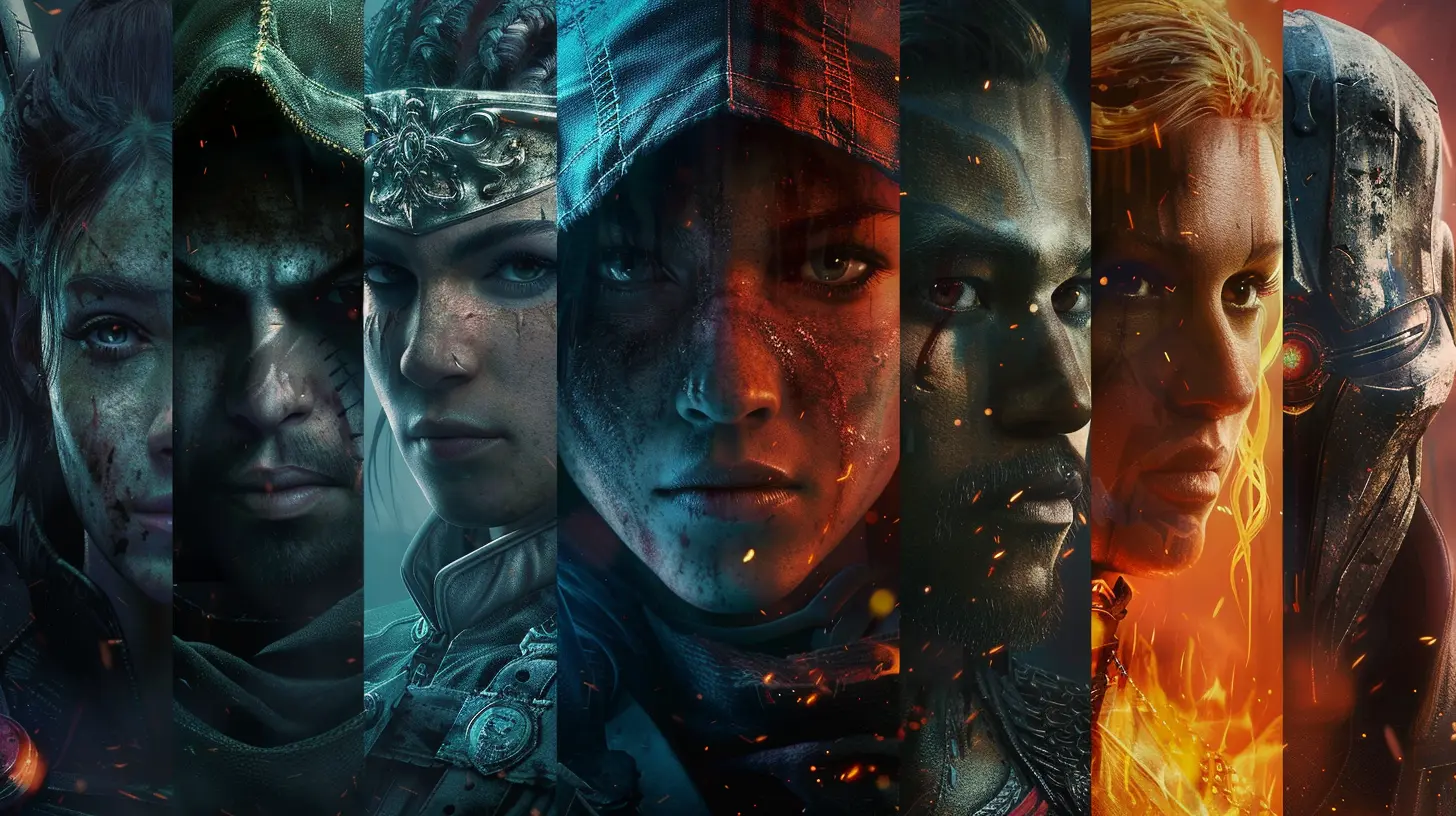
Crowdfunding: Games By the Fans, For the Fans
Ever heard of Kickstarter or Patreon? These platforms are practically goldmines for indie developers—and it’s all thanks to fan communities. Crowdfunding gives fans the power to directly fund the games they want to see brought to life. It’s like a digital version of passing the hat around, but the stakes are much higher.Remember Shovel Knight? This retro-style platformer by Yacht Club Games started as a Kickstarter project. The fanbase didn’t just provide funding; they provided motivation, hype, and feedback during development. Fans weren’t just passive wallets—they were active participants in bringing the game to life. That sense of ownership translates into not just a loyal player base, but also a solid foundation for future projects.
And let’s not forget Star Citizen, a game that has raised over $500 million (!) from its massive fan community. Sure, it’s been in development for what feels like forever, but its backers remain some of the most passionate and vocal fans in gaming. This is crowd-driven game development on a scale we’ve never seen before.
Social Media and Streaming: Modern-Day Word of Mouth
Twitch, YouTube, TikTok—these aren't just platforms for gamers to show off their skills or meme about their favorite titles. They’re tools that fan communities use to amplify their voices and reshape the gaming landscape. Streamers, content creators, and influencers act as the bridge between the casual gamer and the developers, often raising issues or praise that reach the eyes and ears of the studios.Take Fortnite, for instance. The game’s success isn’t just because of Epic Games’ innovation, but also because of the community’s relentless engagement through clips, streams, and social media challenges. Developers now monitor these platforms like hawks, spotting trends in real time and adapting accordingly. It’s like having a focus group that never sleeps.
Collaborative Game Development: The Rise of Early Access
If you’ve ever bought an Early Access game, you’ve participated in one of the most direct collaborations between fans and developers. Early Access essentially says, “Hey, we’re still cooking this game, but we want you to taste-test it. Let us know what works and what doesn’t.”Games like Subnautica, Hades, and Valheim owe their success to Early Access. Players didn’t just test these games; they actively shaped them. Want to improve the UI? Fans have suggestions. Think a mechanic feels clunky? Fans will tell you (sometimes not-so-gently). Early Access has blurred the lines between developer and consumer, making fans a literal part of the team.
Challenges: When Fans and Developers Collide
Of course, it’s not all sunshine and rainbows. The relationship between fan communities and developers can sometimes hit a sour note. Fans can be incredibly passionate—and sometimes that passion boils over into toxicity. There are times when demands become unreasonable, or when a subset of a fanbase lashes out in ways that hurt not just developers, but fellow players.Developers, on the other hand, have to tread carefully. Giving fans what they want isn’t always the same as giving them what they need. It’s a fine balance, one that can make or break a game.
Still, the challenges don’t outweigh the benefits. The collaboration between fans and developers is one of the most exciting evolutions in gaming, and while it’s far from perfect, it’s pushing the industry in a direction that feels refreshingly player-focused.
The Future of Fan-Driven Development
So, what’s next? As technology advances, the bond between fan communities and game developers is only going to grow stronger. AI tools could enable fans to create even more intricate mods. Blockchain and NFTs (though controversial) might open up new forms of fan-led game ownership. And who knows? One day, we might see entire AAA games built in direct collaboration with player communities from the ground up.What’s clear is this: fan communities aren’t just along for the ride. They’re co-pilots, setting the course for where gaming is headed. And honestly? That’s a pretty exciting place to be.
all images in this post were generated using AI tools
Category:
Gaming CultureAuthor:

Francesca West
Discussion
rate this article
1 comments
Keira Powell
Absolutely love how fan communities are shaping game development! Their creativity brings so much joy! 🎮✨
October 28, 2025 at 4:11 AM

Francesca West
Thank you! Fan communities truly inspire innovation and enrich the gaming experience! 🎮✨

